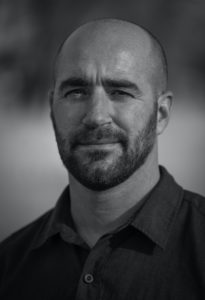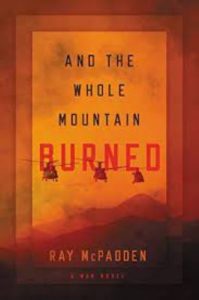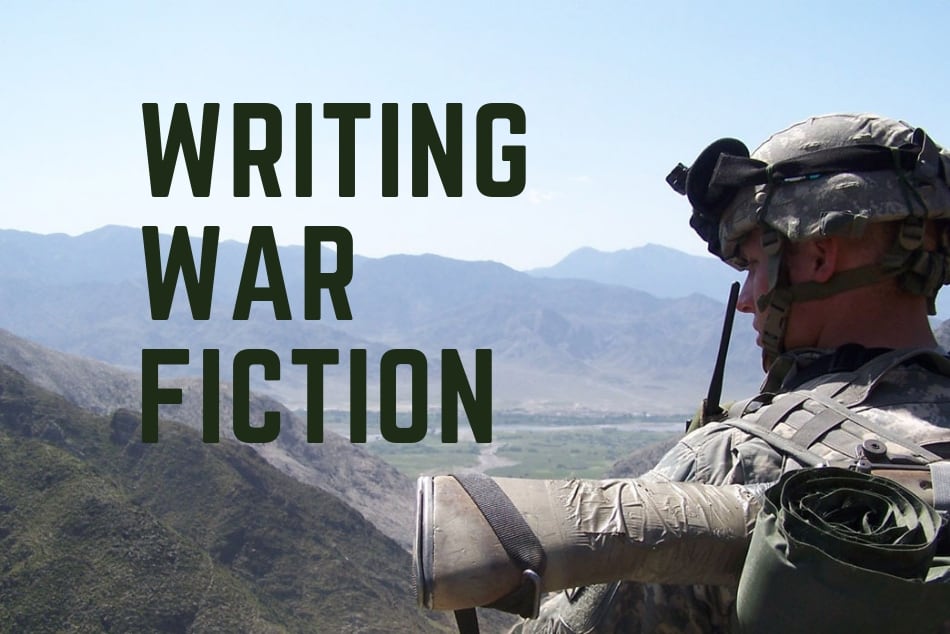by Ray McPadden
For years I kept secret war stories from four combat tours. Then in 2015, I was skiing in Colorado when explosions for avalanche control caught me by surprise. The sound of artillery in the mountains uncorked my war memories.
I went home and opened a computer. Memories poured out. I let them flow. I didn’t worry about organization, point of view, grammar, any writing craft. I just let it pour out. Eventually, I reordered and repackaged dozens of isolated memories into a story with a narrative arc. I had written a novel, And the Whole Mountain Burned. I learned a few things along the way.
- Start with what is true, but don’t be a slave to it. Actual events are the foundation of my novel. But a novelist has no obligation to literal truth. There can be deeper truths told in fiction. Don’t let worldly facts hold you back. Once I disposed of the notion of “based on a true story,” my imagination journeyed to wild and dark places. This was liberating.
- An action scene needs an emotional overlay. I had many gunfight memories. These memories were powerful for me, but when I shared them with others I got a polite, “Mehhh.” On paper, a gunfight is rarely exciting by itself. Create an emotional overlay: What is the character struggling with in that particular gunfight? What do we learn about the character during the gunfight?
- Write like you’re emailing your buddy. Early on, I tried to sound like great war writers. I sounded like someone trying to write. Then one day, I was emailing a battle buddy, asking him to help me remember something for a scene. My wife saw the email and loved the tone, the rawness of it. I realized my writing was more authentic and unique when my audience was someone there with me. This mindset also helped me combat my tendency to overexplain.
- Watch the acronyms. Instead of M4, try assault rifle. Instead of AN/PVS-13, try thermal optic. Using exact military nomenclature lends authenticity. But too much nomenclature is overwhelming and disruptive, especially to the non-military reader.
Now that my novel is finished, I have a better understanding of what happened the day I was skiing: the sound of artillery in the mountains unleashed action-memories. The passage of time had allowed mature emotions to develop with the memories. The intersection of action and emotion is where I found the inspiration for a novel.

 Ray McPadden is a four-tour combat veteran and a former Ground Force Commander in an elite unit of Army Rangers. He earned a Purple Heart, two Bronze Stars, and a medal for valor during his combat tours, which included almost two years on the Afghan-Pakistani border during the height of the conflict. He now lives in Montana with his family.
Ray McPadden is a four-tour combat veteran and a former Ground Force Commander in an elite unit of Army Rangers. He earned a Purple Heart, two Bronze Stars, and a medal for valor during his combat tours, which included almost two years on the Afghan-Pakistani border during the height of the conflict. He now lives in Montana with his family.





